10 Things Thrift Stores Don’t Want You to Donate
Dropping off donations at a thrift store may feel like a win-win. With one action, your space gets cleaner, and someone else gets to reuse what you no longer need. But not everything is fit for resale. Some donations actually burden store staff and end up in the trash.
So, to ensure that your donations are actually helpful, here’s what to leave out of your next drop-off.
Broken or Obsolete Electronics
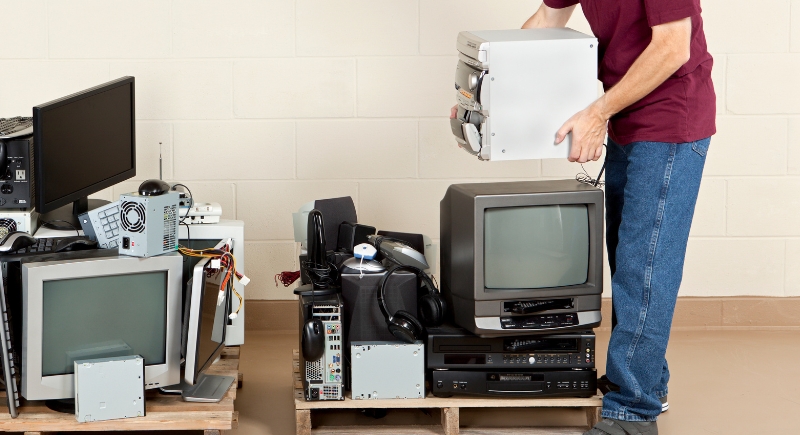
Credit: Getty Images
If it plugs in but hasn’t powered on since Bush Sr. was president, skip the donation bin. Thrift stores can’t test or safely dispose of outdated tech, and resale demand is nearly nonexistent. Unless it’s vintage and collectible, broken tech doesn’t belong in there. Consider manufacturer recycling programs or local e-waste drop-offs instead.
Used Personal Care Items
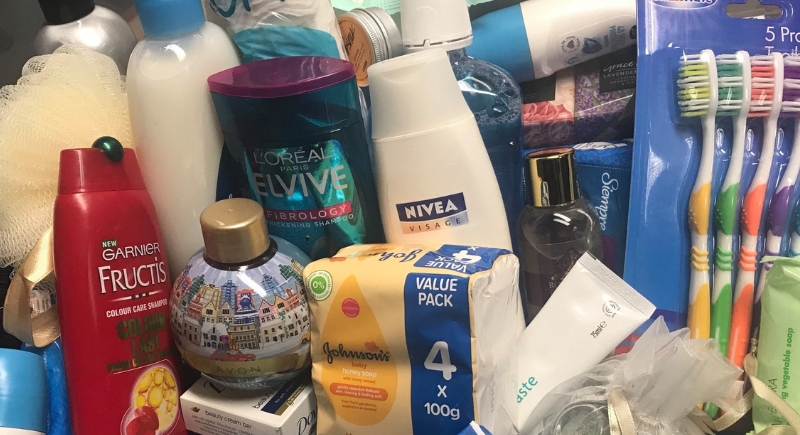
Credit: Facebook
That bottle of body wash you tried once and forgot in the back of your cabinet isn’t doing any good on a resale shelf. Health codes won’t allow them to stock used personal items like lotion, shampoo, or lipstick. Even products that are barely touched are usually trashed on arrival.
Chipped or Cracked Dishware

Credit: pixabay
One nick in a ceramic bowl may not seem like much until someone slices a finger. Chipped dishware often doesn’t make it past sorting tables. Even staff handle it with gloves and a wince. Damaged dishware tends to sit unsold before being tossed.
Incomplete Games and Puzzles
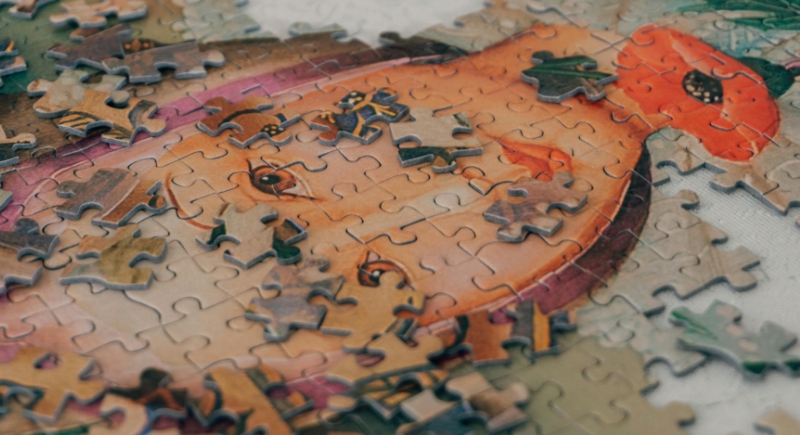
Credit: pexels
If you’re donating Monopoly, make sure Mr. Moneybags isn’t missing half his cash. Puzzles missing that one corner piece are equally frustrating. Thrift stores don’t have time to do a full inventory check on every box, so incomplete sets just sit or head to the bin.
Undergarments Without Tags
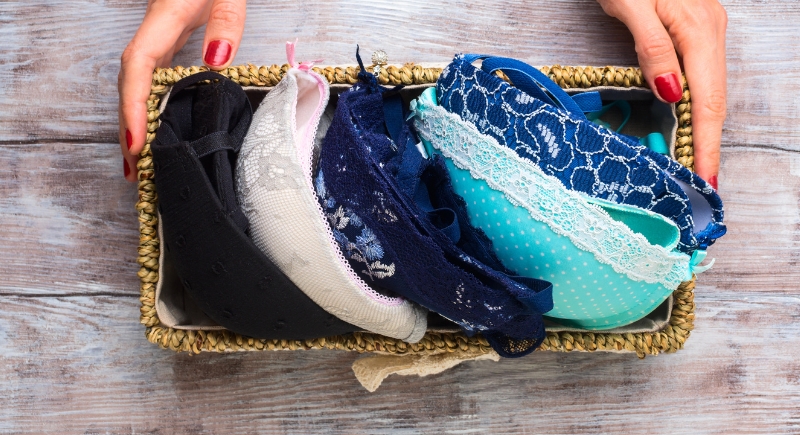
Credit: Canva
Used underwear and bras, even in good shape, are usually unwelcome unless they’re brand new with tags. It’s a hygiene issue more than anything. Shelters and clothing drives might accept clean, gently worn items. Just call ahead and ask what’s needed.
Half-Burned Candles
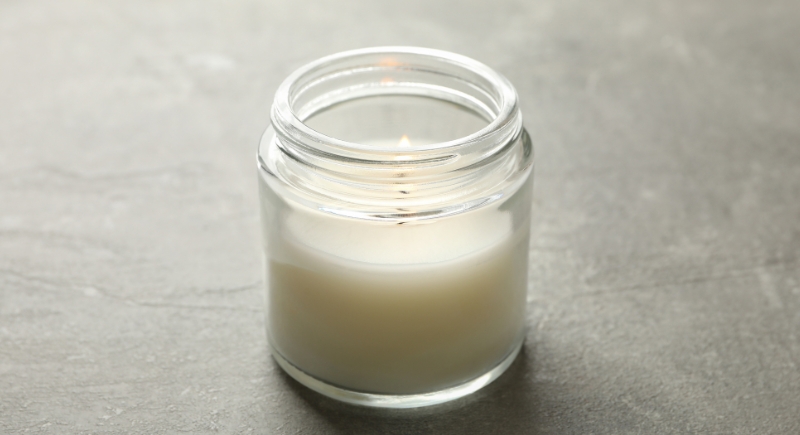
Credit: pixelshot
They smell nice, sure. But thrift stores can’t do much with half-melted candles. Resale interest is low, and the waxy leftovers attract dust fast. Instead, melt the leftover wax for homemade crafts or offer it to someone nearby who likes DIY projects.
Outdated Safety Gear
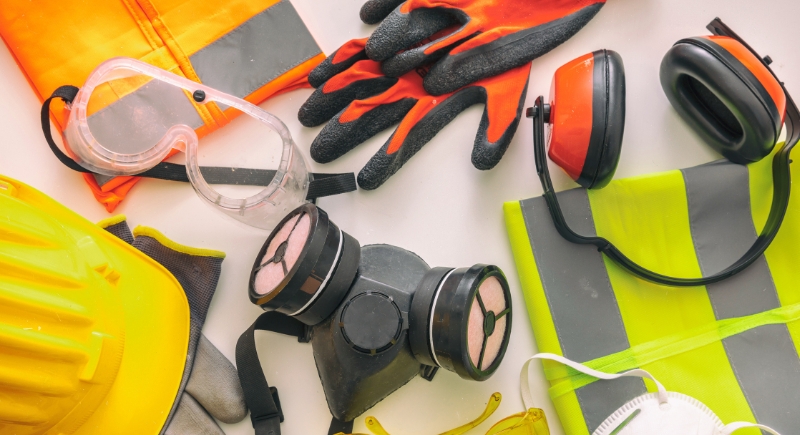
Credit: Getty Images
Helmets, cribs, car seats, and other protective equipment may not meet current safety standards, especially if they’ve been involved in accidents. Most thrift stores can’t verify their history, so they discard them. Safer bets include recycling programs or charities that accept newer gear with proof of purchase.
Stained or Torn Clothing
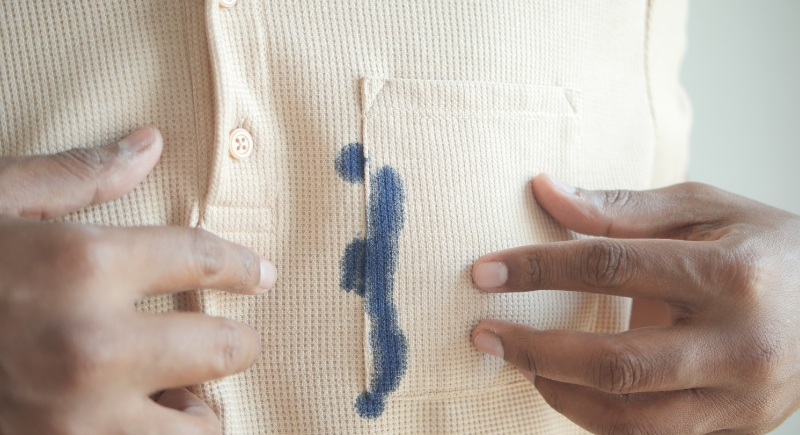
Credit: Canva
An armpit stain is a dealbreaker. Same goes for rips, mystery smells, and heavy pilling. Only donate clothes that are ready to wear. It might feel generous to donate a large haul, but unwearable clothes don’t help anyone.
Damaged Furniture
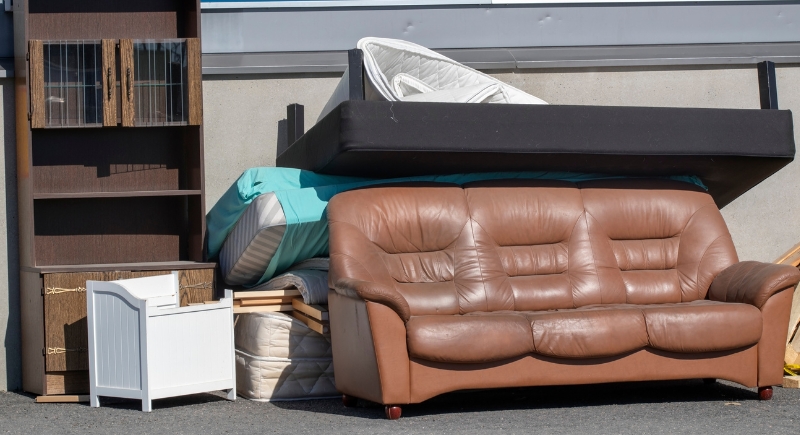
Credit: Getty Images
Sofas with broken frames or stains may still function at home, but thrift stores rarely have the resources to fix them. And transporting these bulky items is costly. Unless it’s structurally sound and clean, skip the donation and look into bulk trash pickup or recycling.
Used Mattresses
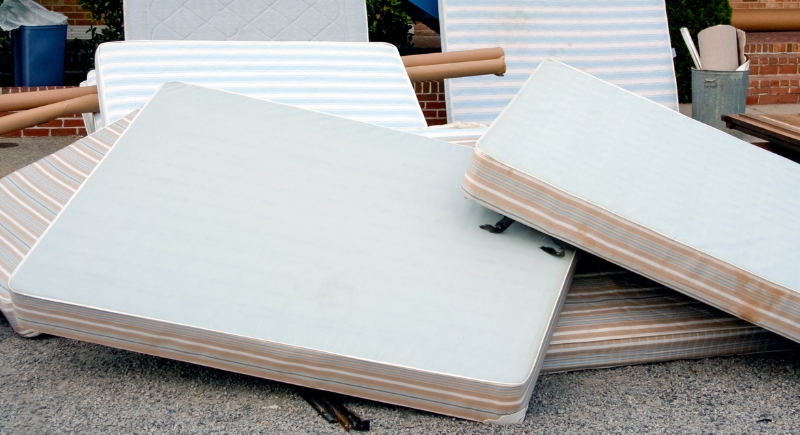
Credit: Getty Images
Mattresses can carry bed bugs, allergens, or worse, even if they look spotless. Most states have strict resale regulations around used bedding, so thrift stores typically reject them right away. Recycling centers are usually your best alternative.
Unseasonal Holiday Décor

Credit: pexels
Dropping off a Santa sleigh in June just crowds up limited storage space. Most thrift stores don’t hold seasonal stock year-round, and shoppers aren’t browsing for Halloween costumes in March. Wait until closer to the actual holiday to donate themed decor.
Old Textbooks and Magazines

Credit: Getty Images
Your college bio textbook from 2004 might’ve been expensive, but it’s not helping anyone now. The same applies to old magazines and travel guides. They occupy valuable shelf space without moving. Public libraries or schools may accept textbooks, while magazines can often be used in art programs.
Worn-Out Sports Gear
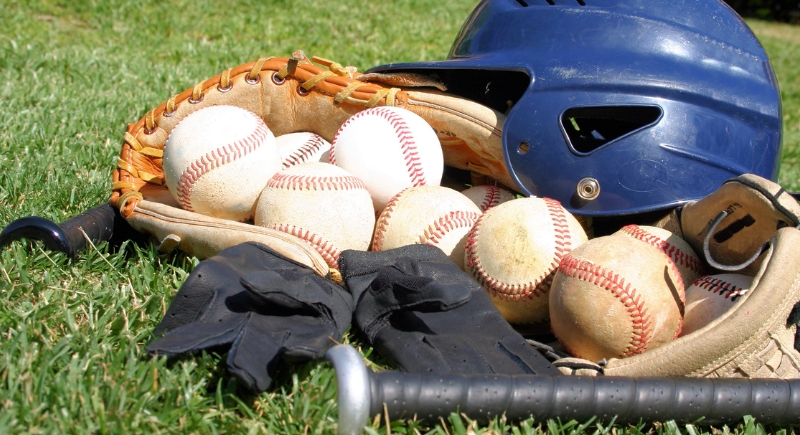
Credit: Getty Images
A baseball glove with cracked leather or a deflated football doesn’t do anyone any favors. Items like these need to be functional, or they’ll just sit collecting dust. Try local sports teams or youth programs that might use them for practice drills or parts.
Particleboard Furniture
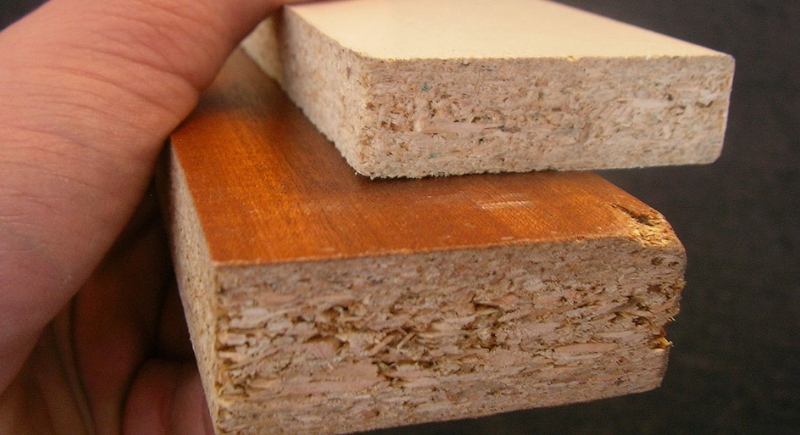
Credit: Wikipedia
Flat-pack pieces made from particleboard often don’t survive the trip to the store intact. They’re prone to chipping and collapsing, especially if previously assembled and disassembled. If it’s not sturdy enough to handle another move, it’s not sturdy enough to donate.
Musical Instruments That Can’t Be Tuned
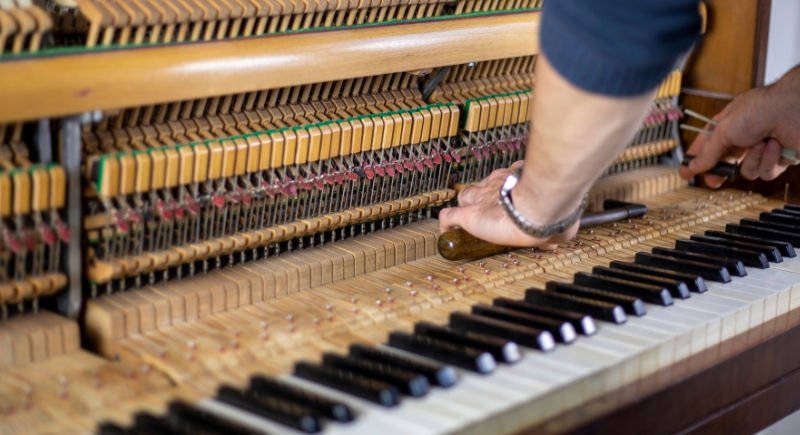
Credit: Canva
Old upright pianos are hard to move, fix, or sell. Most thrift stores don’t have the manpower or floor space to take one on. Call music nonprofits, churches, or schools instead. And be ready to handle the moving logistics yourself.